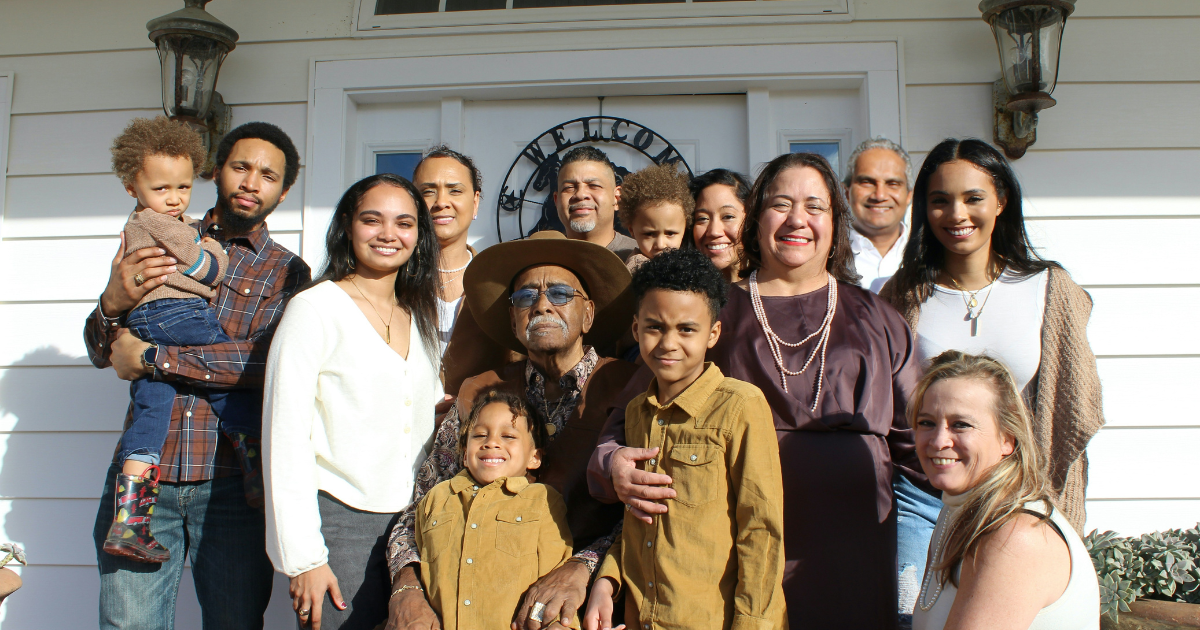Living with roommates can be a rewarding experience, offering companionship, shared responsibilities, and reduced living costs. However, the dynamics of shared living can also present challenges, particularly when it comes to communication and maintaining mutual respect. Inconsistent communication or a lack of transparency often leads to misunderstandings, tension, and conflicts that can strain relationships. In this article, we’ll explore the importance of clear communication in shared living environments and how mutual respect and consideration can create a harmonious and enjoyable home for everyone.
The Impact of Inconsistent Communication and Lack of Transparency
Communication is key in any relationship, and this holds especially true in shared living situations. When communication is inconsistent or lacking in transparency, it can create a breeding ground for misunderstandings and resentment. Roommates may have different expectations, schedules, or habits. Without open lines of communication, these differences can quickly become sources of conflict.
The following are some common issues that arise from inconsistent communication and lack of transparency in shared living spaces:
- Unmet Expectations: When expectations are not clearly communicated, roommates may unknowingly violate each other’s boundaries or fail to meet agreed-upon responsibilities. This can lead to frustration and a sense of being disrespected.
- Financial Disputes: Without transparent communication about financial responsibilities, such as rent, utilities, or shared expenses, misunderstandings can easily arise. If not addressed promptly and openly, these disputes can quickly escalate.
- Scheduling Conflicts: Inconsistent communication about schedules can result in clashes over the use of shared spaces, noise levels, or hosting guests. These conflicts are often the result of assumptions rather than explicit agreements.
The Importance of Mutual Respect and Consideration
Mutual respect and consideration are the foundation of any successful roommate relationship. When roommates approach each other with respect, they are more likely to communicate openly, listen to each other’s concerns, and work together to find solutions. This creates an environment where everyone feels valued and understood.
Here are some key aspects of mutual respect and consideration that can enhance the living experience in shared spaces:
- Active Listening: When roommates listen to each other actively, they show that they value each other’s perspectives. This involves paying attention, asking clarifying questions, and refraining from interrupting. Active listening fosters understanding and prevents conflicts from escalating.
- Respecting Boundaries: Everyone has personal boundaries, whether related to privacy, noise levels, or cleanliness. Respecting these boundaries is essential for maintaining a peaceful living environment. Roommates should communicate their boundaries clearly and be mindful of each other’s comfort zones.
- Shared Responsibility: Living in a shared space requires a collective effort to maintain it. Whether it’s cleaning, paying bills, or making decisions about the household, roommates should approach these responsibilities with a spirit of cooperation and fairness.
Strategies for Improving Communication and Fostering Mutual Respect
To create a harmonious living environment, it’s essential to prioritize clear communication and cultivate mutual respect. The following strategies can help roommates achieve these goals:
- Establish Regular Communication Channels
One of the most effective ways to ensure consistent communication is to establish regular check-ins with your roommates. These can be weekly or monthly meetings where everyone discusses any concerns, upcoming events, or changes in schedules. Having a designated time for communication helps prevent issues from being overlooked and ensures that everyone is on the same page.
- Be Transparent About Expectations and Responsibilities
Transparency is crucial when setting expectations and dividing responsibilities. Roommates should openly discuss their expectations regarding cleanliness, noise levels, guests, and shared expenses. It’s also important to revisit these expectations periodically to ensure they still align with everyone’s needs.
- Use Technology to Stay Connected
In today’s digital age, there are plenty of tools available to help roommates stay connected and organized. Apps like Google Calendar, Splitwise, or even a simple group chat can be used to keep track of schedules, expenses, and household tasks. These tools not only facilitate communication but also provide a transparent record that everyone can refer to.
- Address Issues Early and Constructively
If a problem arises, it’s important to address it as soon as possible. Avoid letting small issues build up into larger conflicts. When discussing a problem, focus on the issue at hand rather than assigning blame. Use “I” statements to express your feelings and concerns, and be open to hearing your roommate’s perspective.
- Practice Empathy and Understanding
Living with others requires empathy—the ability to understand and share the feelings of your roommates. Try to see things from their point of view, and consider how your actions might affect them. This empathy fosters a sense of community and helps prevent misunderstandings.
- Celebrate Wins Together
Positive reinforcement can go a long way in building a strong roommate relationship. When things are going well—whether it’s a chore completed on time, a successful house meeting, or simply maintaining a peaceful home—acknowledge it and celebrate together. This reinforces the positive behaviors that contribute to a harmonious living environment.
Inconsistent communication and lack of transparency are common challenges in shared living spaces. Still, they can be overcome with the right strategies. By prioritizing clear communication and cultivating mutual respect, roommates can create an environment where everyone feels heard, valued, and understood. A harmonious living space isn’t just about keeping things clean and organized—it’s about building relationships based on trust, respect, and open communication. Living with others requires effort, but the rewards—a peaceful, supportive, and enjoyable home—are well worth it. By committing to regular communication, transparency, and mutual respect, roommates can ensure that their shared living experience is positive and fulfilling for everyone involved.









